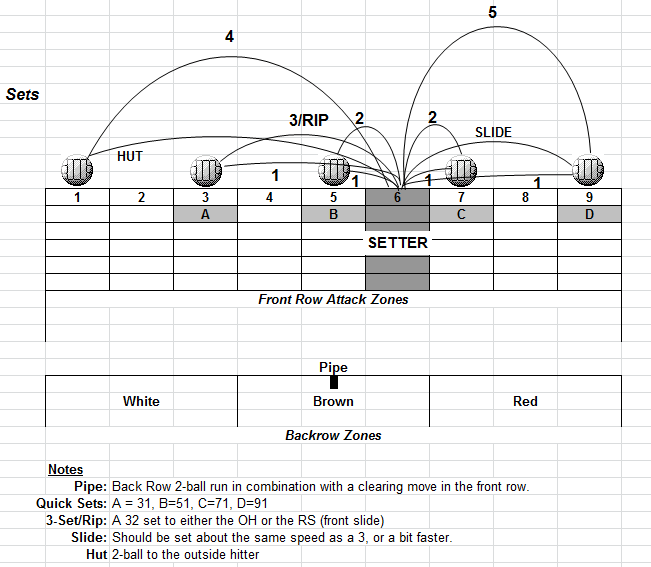Okay, so, I’ve been seeing a lot of questions floating around about how many games are actually in a volleyball set. I totally get the confusion, so I thought I’d share my little experiment to clear things up. And let me tell you, it was quite the afternoon!

I started off by grabbing my notebook and pen, you know, to document everything like a true scientist. My goal was to figure out this whole “sets” business in volleyball. I’d heard different things, like matches being best-of-five, but what does that even mean in terms of games?
First, I did some digging around. I read that in most competitions, it’s a best-of-five situation. That means a team needs to win three sets to win the match. Alright, simple enough, but then it got a bit more complicated. Apparently, for the first four sets, you need to get to 25 points, but you gotta win by at least two points. And there’s no cap! So, a set could technically go on forever until one team gets that two-point lead.
Here’s how I broke it down:
- Getting Started: I listed out all the possible set scores I could think of. You know, like 25-23, 26-24, 27-25, and on and on.
- The Deciding Set: If the teams are tied after four sets (like 2-2), they play a fifth set. But this one’s shorter, only to 15 points. Still gotta win by two, though.
- Playing it Out: I started imagining different match scenarios. Like, what if one team wins the first three sets? Boom, match over, they win 3-0. Or what if it goes back and forth? It could go to 3-2, with that last set being a nail-biter.
After all this, I realized it’s not about the number of games, but about reaching those 25 points (or 15 in the fifth set) with a two-point lead. That’s the key! Each set is like its own mini-battle within the larger war of the match.
So, to sum it up, a volleyball match can have a minimum of three sets and a maximum of five. But the number of games within each set? That’s where the real fun is. It’s all about that race to 25 (or 15) and that crucial two-point advantage. It was a fun little exercise to do, and I hope this clears up any confusion for you guys too! It is really an interesting thing to find out.



















